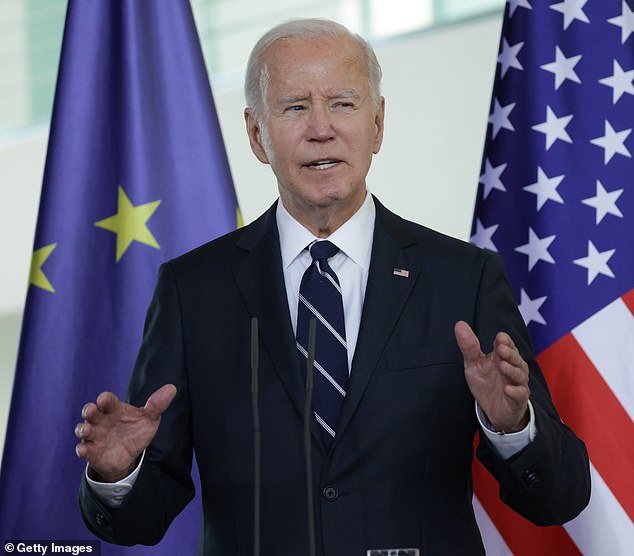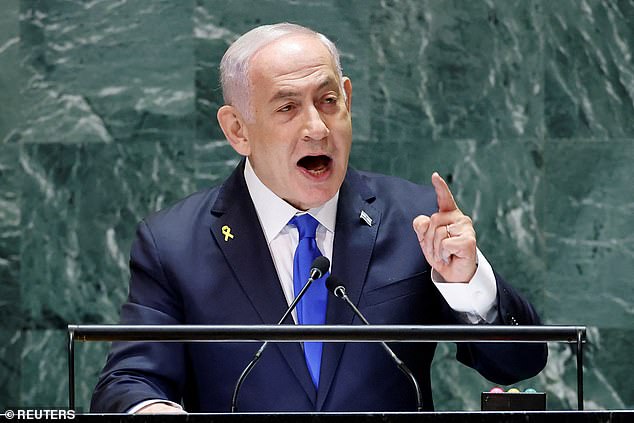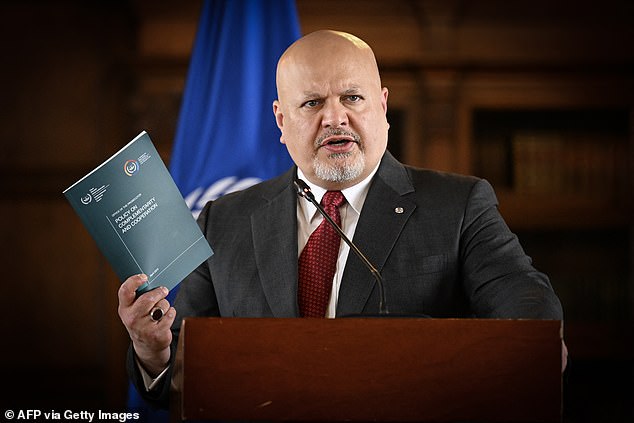Karim Khan has been a hugely controversial figure since he became chief war crimes prosecutor at the International Criminal Court three years ago.
His decision to seek an arrest warrant for Israel’s Prime Minister Benjamin Netanyahu was the first time an ICC prosecutor targeted a leader of a close Western ally, angering President Joe Biden.
He acted amid claims by the Guardian that Israeli Mossad spies have been waging a secret “war” against the court for nine years.
The newspaper claimed that Mossad intercepted emails, attachments and text messages from Khan and other officials in his office.
An Israeli military spokesman denied the allegation.
Karim Khan has been a hugely controversial figure since he became the chief war crimes prosecutor at the International Criminal Court.

The decision to seek an arrest warrant for Israel’s Prime Minister Benjamin Netanyahu was the first time an ICC prosecutor targeted a leader of a close Western ally, angering President Joe Biden.

The warrant for the Israeli Prime Minister’s arrest was requested amid claims that Israeli Mossad spies have been waging a secret “war” against the court for nine years, which an Israeli military spokesman denied.
But last night Mr Khan said he and the court are subject to “a wide range of attacks and threats”, adding: “In recent months my family, including my wife and son, have also been attacked.”
Born in Edinburgh to a British mother and Pakistani father, he grew up in Yorkshire, where his father worked as a consultant dermatologist.
He attended Silcoates School in West Yorkshire, where fees amount to £19,600 a year.
After studying law at King’s College London, he became a barrister and worked for the Crown Prosecution Service for two years before turning to international law.
Although the United Kingdom backed him for the post of ICC prosecutor, his suitability was questioned given that he defended Charles Taylor, the former Liberian president who was convicted of war crimes in a special court for Sierra Leone.
He also represented William Ruto, now president of Kenya, accused of orchestrating the violence that killed 1,300 people. The case was dropped.
The arrest warrants against Netanyahu and his Defense Minister, Yoav Gallant, are subject to approval by ICC judges.
If issued, the 124 countries that signed the treaty that established the court, including Britain, would be obliged to arrest Netanyahu if he steps on their soil. The United States is not a signatory.


